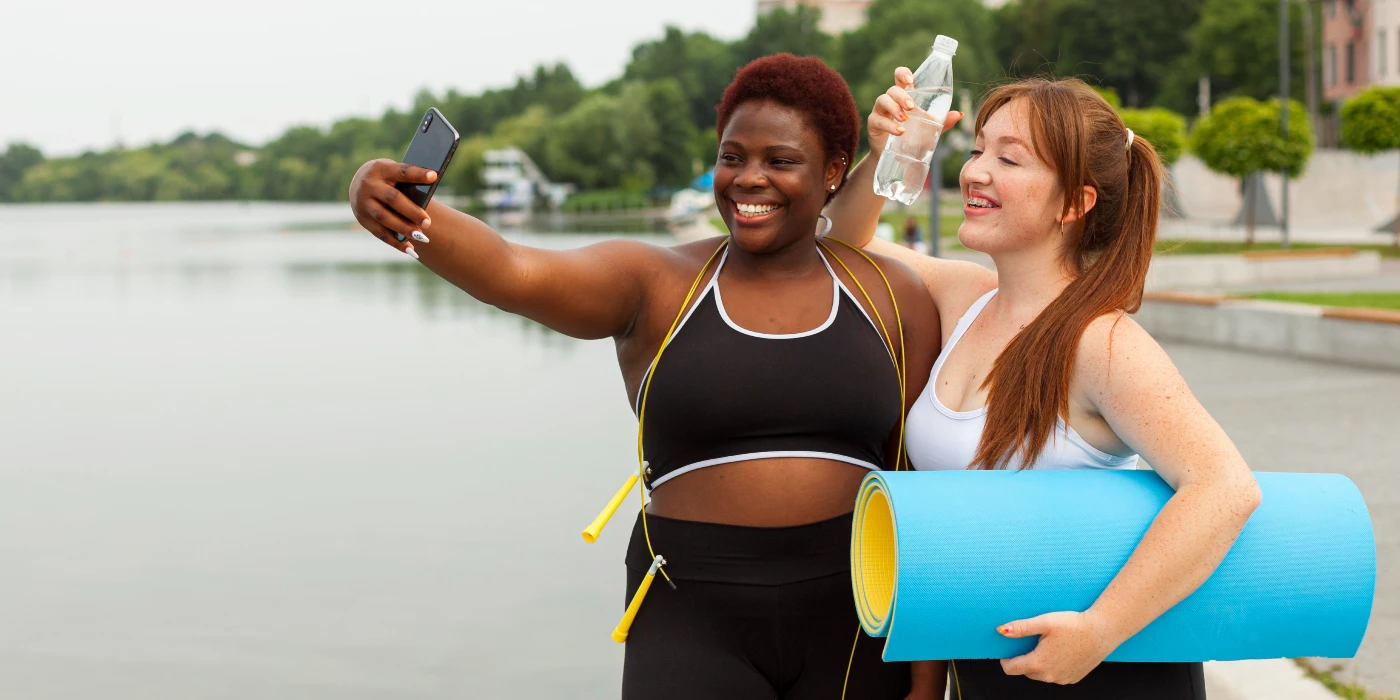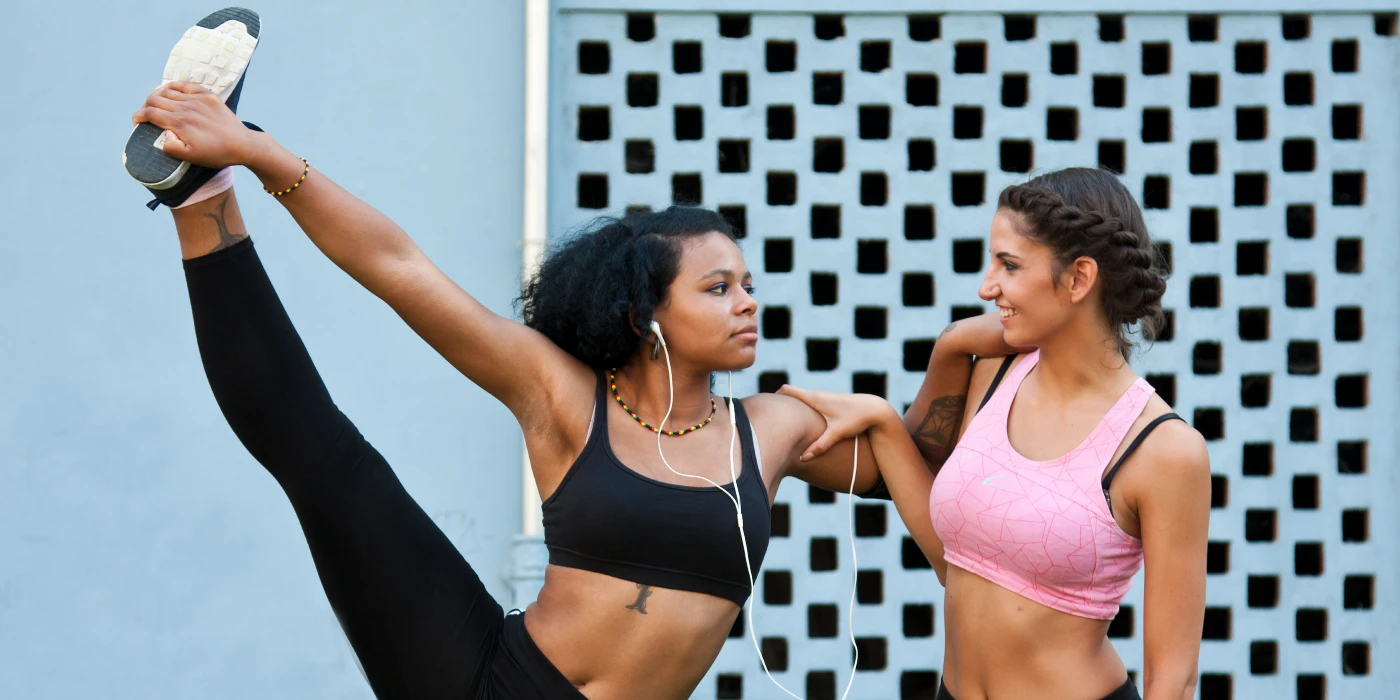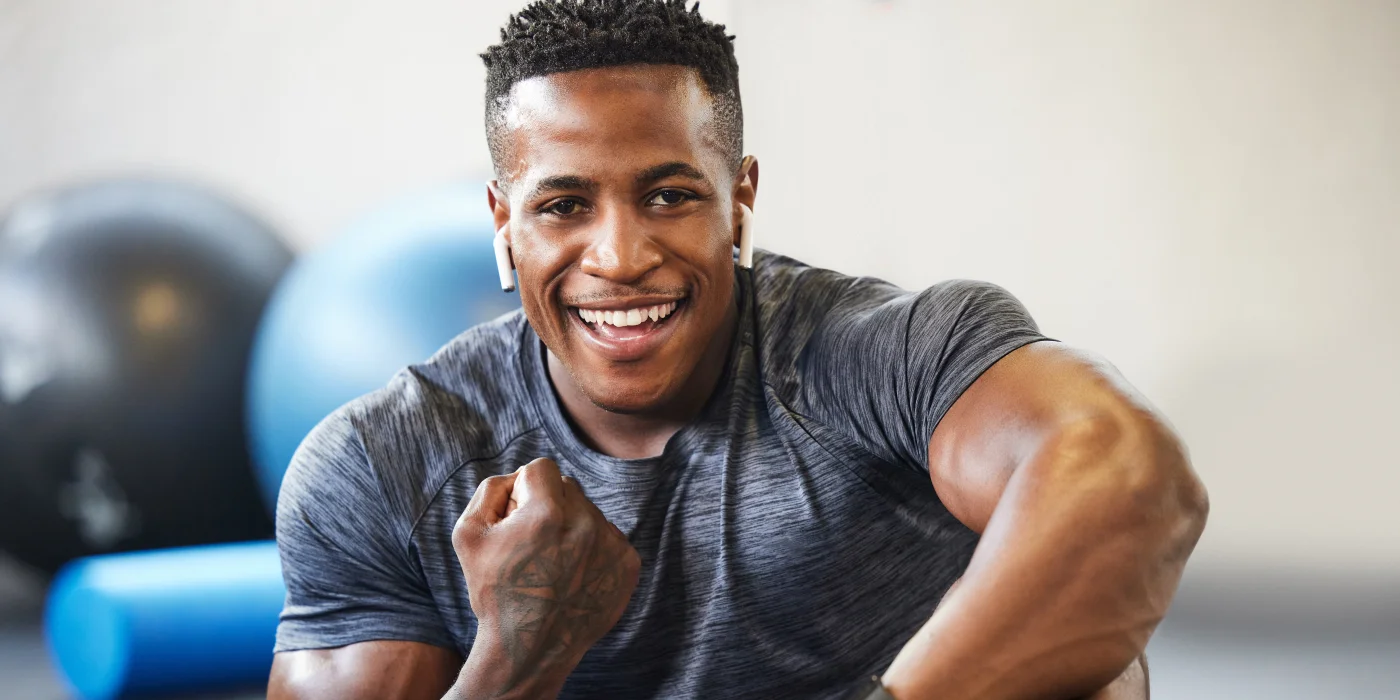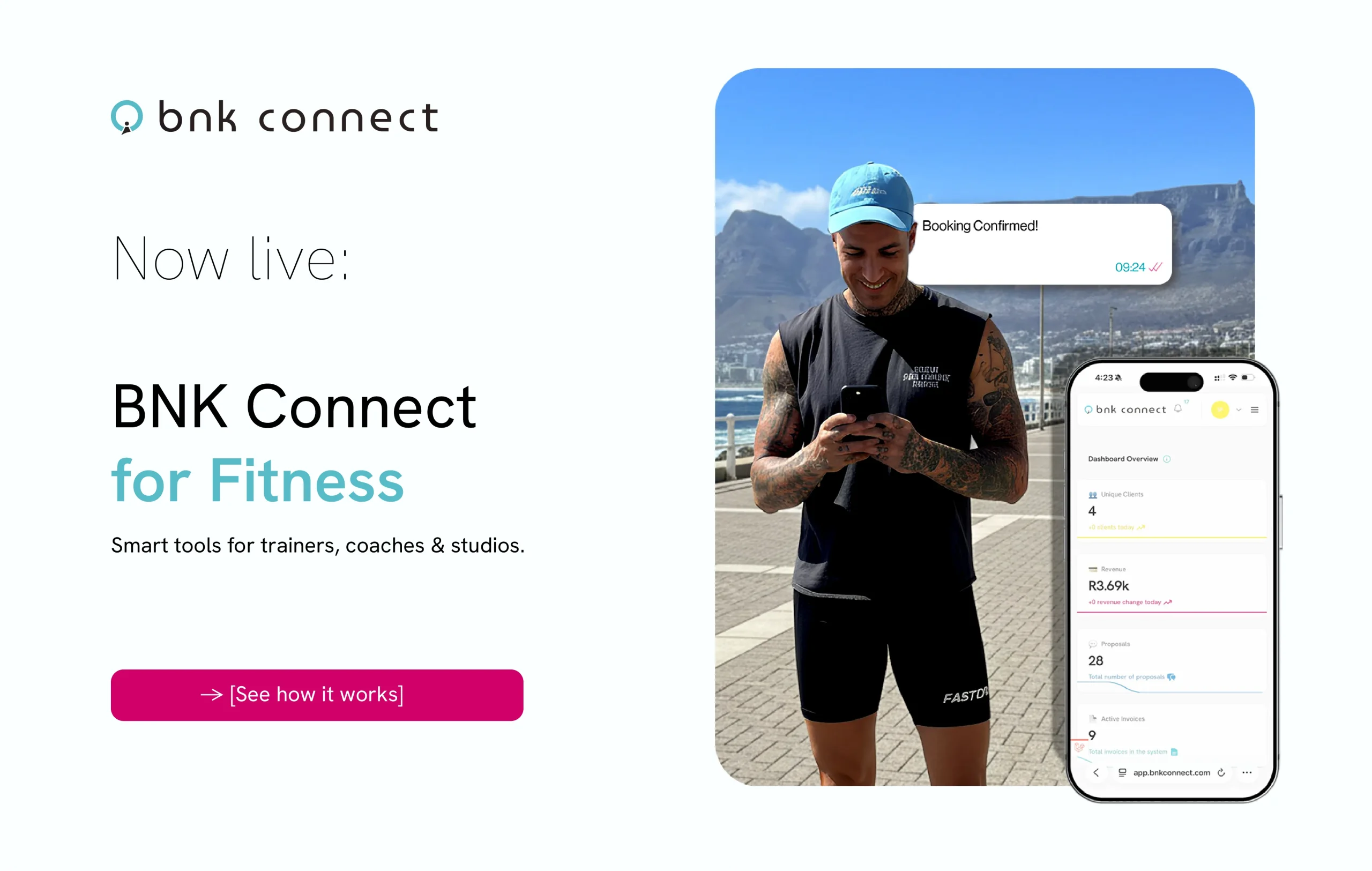

For years, fitness marketing has been focused on transformation stories, perfect gym selfies, and promises of being “summer-ready”. But that message doesn’t quite land the same way with Gen Z.
This new generation of fitness enthusiasts (born between 1995 and 2012) is rewriting the rules on what health and wellness look like. And if you’re a personal trainer, fitness coach, or wellness provider, understanding how Gen Z thinks is key to staying relevant.
Unlike previous generations, Gen Z isn’t chasing perfection. They want balance, authenticity, and experiences that feel real.
From Performance to Wellbeing
Gen Z’s approach to fitness is less about aesthetics and more about overall well-being. Sure, they still care about looking good, but they’re equally invested in how they feel – mentally, emotionally, and physically.
For them, fitness is about energy, confidence, and stress relief, not just visible abs or a specific number on the scale.
This shift means service providers have to rethink their messaging. What Gen Z wants is support that feels personal and sustainable. They value trainers who understand their goals and work with them holistically while helping them sleep better, eat better, and move better, rather than simply pushing harder workouts.

Digital-First Fitness Natives
Gen Z grew up online. They’re the first generation to have access to fitness apps, YouTube workouts, and social media trainers before ever stepping foot in a gym. That digital upbringing shapes how they discover, choose, and interact with fitness services.
They expect convenience, customisation, and seamless online experiences. They’ll research you on Instagram before they ever send a message. They’ll notice if your booking system feels clunky or outdated. And if your communication doesn’t match their pace, they’ll move on to someone who’s more digitally in tune.
That’s where platforms like BNK Connect make all the difference. It allows trainers to create sleek, professional profiles, manage bookings and messages in one place, and make it easy for clients to connect.
Gen Z expects this kind of simplicity. It’s not a bonus, it’s the baseline.
Authenticity Over Aesthetics
If Millennials made “fitspo” cool, Gen Z made it real. They’re sceptical of the over-polished influencer look and prefer content that feels honest and relatable. They value trainers and brands that show the messy, unfiltered side of fitness: the setbacks, the slow progress, and the human side of the journey.
This doesn’t mean lowering your professional image, but it does mean being more open. Trainers who share their real experiences, client stories, or even lessons learned from burnout often connect more deeply with younger audiences. It’s about being genuine.
For service providers, that also translates into business transparency. Clear communication, straightforward pricing, and honest feedback go a long way. Gen Z wants to feel seen and respected, not sold to.

Hybrid and Flexible Fitness
The pandemic didn’t just accelerate the digital fitness boom; it cemented Gen Z’s belief that training doesn’t have to happen in a gym. They’re used to hybrid experiences where online and in-person sessions work together. Some prefer one-on-one gym sessions during the week and virtual check-ins or on-demand workouts when they travel or study.
Offering flexible options isn’t just a perk anymore; it’s a must. Whether that means livestreaming workouts, sending custom video routines, or keeping communication open through in-app messaging, accessibility is key.
BNK Connect helps trainers manage this hybrid model without chaos. It centralises bookings for both online and in-person sessions, tracks client progress, and keeps all communication in one place. It’s the kind of structure that fits how Gen Z already lives – fast, flexible, and tech-savvy.
Social Proof Matters
Gen Z doesn’t take your word for it; they look for proof. Reviews, testimonials, and client feedback matter more than ever. Before booking, they’ll check what others are saying about you, how you engage online, and whether your approach feels authentic.
That’s why building trust through verified reviews and consistent client interaction is so important. BNK Connect makes this simple with its built-in ratings and reviews feature. It lets satisfied clients become your strongest advocates, which carries far more weight than a polished ad ever could.
Values Over Vanity
Perhaps the biggest shift of all is in values. Gen Z expects the brands and people they support to align with their beliefs. That might mean prioritising sustainability, inclusivity, or mental health awareness.
Fitness, for them, is part of a bigger lifestyle that includes mindfulness, social connection, and ethical choices. Trainers who promote balanced routines and realistic goals resonate far more than those who focus purely on aesthetics. This is proof that Gen Z doesn’t separate how they live from how they train.

Building Connection and Community
Connection is everything for Gen Z. They’re motivated by belonging, not competition. Group training sessions, online challenges, and community-driven wellness programmes are a big draw because they make fitness feel social and supportive.
They’re also drawn to service providers who engage beyond the session – checking in, offering encouragement, and building real relationships. That’s something technology can help with, but it needs the human touch to back it up.
With BNK Connect’s built-in messaging and notifications, maintaining that connection is effortless. You can check in on clients, respond quickly to questions, and build stronger, longer-term relationships that make them feel valued.
What Does This Mean for the Future?
If you’re a personal trainer or service provider looking to grow your client base, it’s time to think like Gen Z. Show up authentically. Build flexibility into your services. Focus on long-term well-being instead of short-term results.
And most importantly, make it easy for them to connect with you in a way that feels natural, personal, and modern.
BNK Connect is helping service providers do just that – creating smoother workflows, stronger relationships, and a better client experience from start to finish. Because the future of fitness isn’t just about staying fit. It’s about staying connected.





